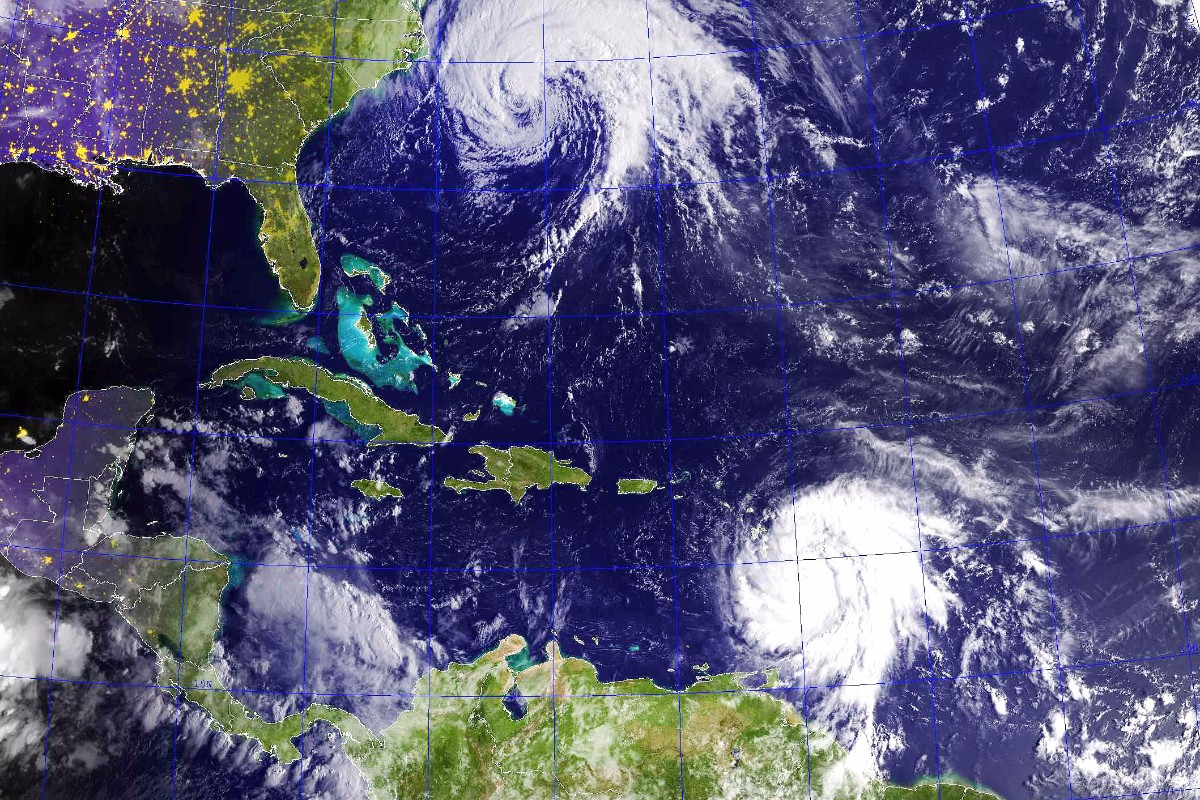
Vote Against the Scalise Carbon Tax Resolution to Protect America’s Security
Climate change presents clear threats to national security. It threatens stability around the world. It will harm military readiness by threatening bases. It will directly threaten our homeland’s infrastructure. The American Security Project has been working to raise awareness of this threat for more than a decade, bringing retired senior military leaders around the country to talk about these threats.
But this is not just a group of think tanks and retired people. The military is aware of this threat, and has been preparing for it for more than a decade. They have issued a series of papers and planning documents detailing how climate change will impact their readiness and the global security situation. At the direction of this Congress, as passed as an amendment to the FY2018 National Defense Authorization Act, the military is acting on this threat. It is preparing a list of the most threatened bases at home and around the world. It is drafting way to prepare for an increase in humanitarian missions. It has tasked its bases to increase their energy and environmental resilience.
Even the Trump Administration – led by a President who has questioned the scientific validity of climate change and has pulled the U.S. out of the Paris Agreement – released a scientific report, the fourth national climate report last fall showing how climate change is real, is happening now, and is caused by man-made greenhouse gas emissions.
All of this action shows that climate change is real, and we must address it. That’s why its so concerning that news came that the House of Representatives would vote on a resolution saying “that a carbon tax would be detrimental to the United States economy.” Alas, no one expects that this Congress will take meaningful action to place any sort of restrictions on greenhouse gas emissions. This resolution – while nonbinding – would politically constrain the Members of future Congresses. Of course
Beyond the political decision of whether to bind future Congresses, the very premise of the resolution is wrong. A carbon tax, in which the government collects revenue from polluting industries, does not necessarily harm the economy. It could, in fact, spark new industries and drive a cleaner economy. When paired with “carbon dividends” that are returned to the people, it would only harm the most polluting, while leaving the poor and less polluting better off. It could be paired with increases in scientific research that would create the industries of tomorrow.
In the future, Congress may determine that a carbon tax is not the best approach to deal with this threat. They may determine that the way forward is to double and triple down on clean energy innovation. They may determine that punishing polluters is the way to reduce emissions. They may promote a crash program to build the next generation of nuclear power plants as fast as possible. All these and more are possible solutions to the threat of climate change. The point is that this Congress should not prejudice future Congress’ actions in a meaningless, non binding resolution.
The warning lights are blinking red. Our Admirals, Generals, scientists, and intelligence professionals are warning us that the age of consequences is upon us. If this Congress refuses to heed the call to action, they should at least not build barriers to future action. Members of the House must oppose the Scalise Amendment, especially those who voted against last summer’s Perry Amendment – which kept language supporting military action on climate change in the bill. To acknowledge the problem, and ask for our military to do something about it, while opposing Congressional action, is irresponsible. It is time for a debate about solutions, not a debate about denial.





